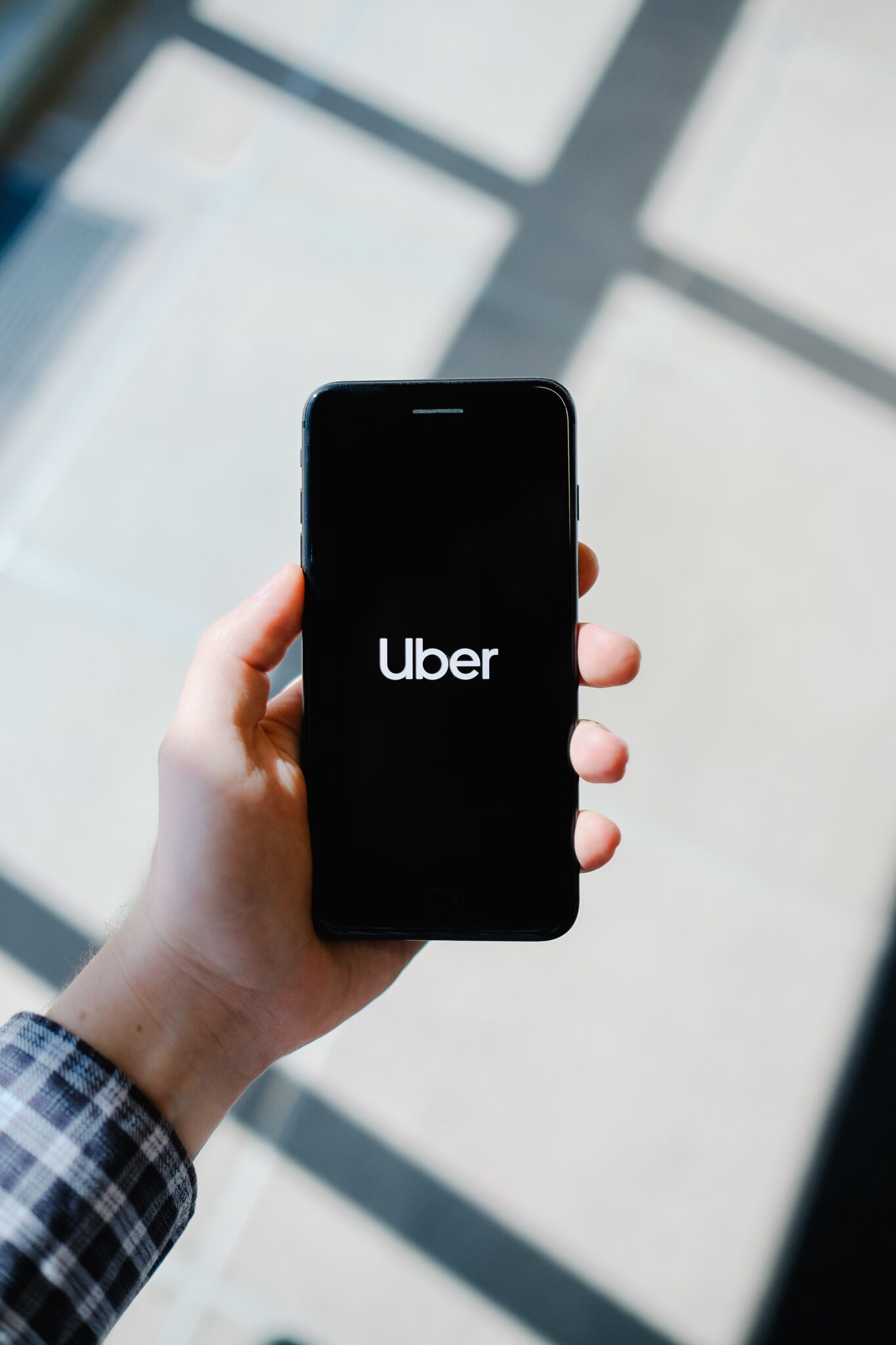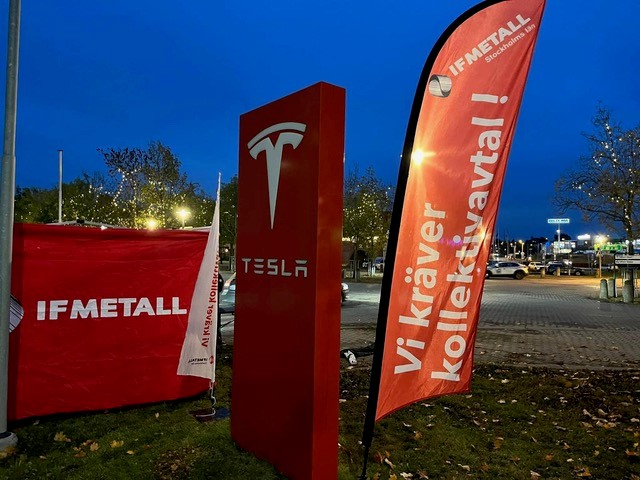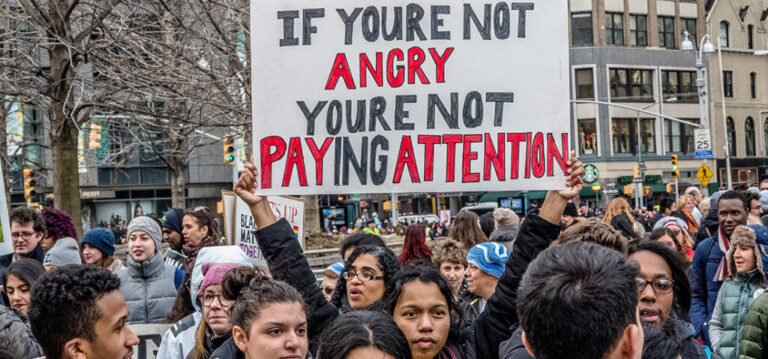
Kate Andrias is the Patricia D. and R. Paul Yetter Professor of Law at Columbia Law School.

Sharon Block is a Professor of Practice and the Executive Director of the Center for Labor and a Just Economy at Harvard Law School.

Benjamin Sachs is the Kestnbaum Professor of Labor and Industry at Harvard Law School and a leading expert in the field of labor law and labor relations. He is also faculty director of the Center for Labor and a Just Economy. Professor Sachs teaches courses in labor law, employment law, and law and social change, and his writing focuses on union organizing and unions in American politics. Prior to joining the Harvard faculty in 2008, Professor Sachs was the Joseph Goldstein Fellow at Yale Law School. From 2002-2006, he served as Assistant General Counsel of the Service Employees International Union (SEIU) in Washington, D.C. Professor Sachs graduated from Yale Law School in 1998, and served as a judicial law clerk to the Honorable Stephen Reinhardt of the United States Court of Appeals for the Ninth Circuit. His writing has appeared in the Harvard Law Review, the Yale Law Journal, the Columbia Law Review, the New York Times and elsewhere. Professor Sachs received the Yale Law School teaching award in 2007 and in 2013 received the Sacks-Freund Award for Teaching Excellence at Harvard Law School. He can be reached at [email protected].
This post was originally published by CommonWealth Beacon.
In 2023, workers are organizing, striking, bargaining and, most surprisingly, winning, like at no time in generations. We’re seeing truck drivers, Hollywood writers, autoworkers, and healthcare workers use the power of their unions to secure dramatic improvements in their current and future work lives. And the wave shows no sign of abating.
What unites these different labor actions, in addition to the boldness of their demands and vision for the future of their industries, is that they take place in the midst of mature collective bargaining relationships: the UAW, to take one example, has been bargaining with the Big Three car companies for almost a century.
While we are cheering on the unions in these high-profile strikes and negotiations, our celebration is somewhat muted by the knowledge that US labor law – the National Labor Relations Act – fails to provide a path to unionization for millions of other workers in the United States who want it. In fact, while more than 70 percent of Americans support unions, only about 6 percent of private sector workers have one. As we can see in the recent struggles of workers at Starbucks, Amazon, Apple, and Trader Joe’s, building new unions and winning a first collective bargaining agreement under the NLRA is an almost impossible task.Uber and Lyft drivers are among the workers for whom traditional collective bargaining law doesn’t work, and the results are low pay, long hours, and terrible working conditions. To date, Uber and Lyft drivers have been excluded from even the opportunity to try to organize a union under federal labor law. The Trump administration’s chief labor law prosecutor declared that rideshare drivers were not protected by the NLRA on the deeply flawed theory that rideshare drivers are independent contractors not employees.
But our view is that even if the current Democratic NLRB reinterpreted the law to extend its protections to rideshare drivers, little would change. As we have described in our report “Clean Slate for Worker Power: Building a Just Economy and Democracy,” and other articles, our nation’s labor laws fail to meaningfully protect workers’ rights to organize and bargain in the contemporary economy. The NLRA has proven to be particularly ill-suited to organizing among workers in the service sector, especially in companies with high turnover, more isolated work patterns, and irregular hours.
That’s why, as Massachusetts becomes the latest battleground in the national fight over rideshare drivers’ rights, we’re celebrating efforts in the state to build a new path for unionizing Uber and Lyft. The Drivers Demand Justice coalition, which includes SEIU 32BJ and the Machinists Union, along with the coalition’s allies in the Massachusetts Legislature, have introduced a bill that would create a new collective bargaining law for the rideshare industry, adapted to the nuances of Uber and Lyft drivers’ working conditions.
SEIU 32BJ has also introduced a ballot initiative which would empower the workers with collective bargaining rights. Should the new approach become law, it would not only improve conditions in Massachusetts but would constitute a model for states across the country.
Under this new, bespoke approach, the companies as a group would be compelled to negotiate with any union that 25 percent of drivers designated as their representative. Once the companies and the drivers’ union reached an agreement, all drivers with more than 100 trips completed in the previous quarter would be entitled to vote on whether to approve the agreement. If the drivers approved it, the agreement would go to the Massachusetts Secretary of Labor for a fairness check. If the parties couldn’t reach an agreement, an arbitrator would step in and come up with fair terms to submit to drivers for a vote. Meanwhile, the bill would not take away the drivers’ right to continue the righteous fight for the companies to recognize their full employee status under state law. To the contrary, the power built by worker organizing under this bill could make that fight a more winnable one.
If the drivers were covered by the NLRA, they would have to organize each company separately. And they would get the right to negotiate an agreement only if they won an election among all rideshare drivers at a company. Since the NLRA wouldn’t even give the workers a right to contact information for their peers until they gathered signatures from 30 percent of them, it would be an enormous challenge simply to identify – not to mention to contact and talk to – all the Uber or Lyft drivers at any given moment.
Winning such an election, we fear, would be nearly impossible. Should the workers manage to secure and win such a vote, moreover, the companies surely would take a page from the Starbucks’ book and simply refuse to negotiate, knowing full well that the law would offer the drivers no way to force the companies to come to a fair agreement.
In theory, labor law is designed to protect workers’ rights to organize unions and negotiate collective agreements. But our federal labor law does not fulfill this mission. And so, unless and until Congress fixes the National Labor Relations Act, something that is unlikely given the gridlock in Washington, it is up to the states to offer a better alternative to Uber and Lyft drivers. This bill does just that. It gives drivers a real shot at unionizing and, through the power of collective bargaining, winning a better deal from Uber and Lyft. Drivers deserve that shot and Massachusetts ought to give it to them.










Daily News & Commentary
Start your day with our roundup of the latest labor developments. See all
July 1
In today’s news and commentary, the Department of Labor proposes to roll back minimum wage and overtime protections for home care workers, a federal judge dismissed a lawsuit by public defenders over a union’s Gaza statements, and Philadelphia’s largest municipal union is on strike for first time in nearly 40 years. On Monday, the U.S. […]
June 30
Antidiscrimination scholars question McDonnell Douglas, George Washington University Hospital bargained in bad faith, and NY regulators defend LPA dispensary law.
June 29
In today’s news and commentary, Trump v. CASA restricts nationwide injunctions, a preliminary injunction continues to stop DOL from shutting down Job Corps, and the minimum wage is set to rise in multiple cities and states. On Friday, the Supreme Court held in Trump v. CASA that universal injunctions “likely exceed the equitable authority that […]
June 27
Labor's role in Zohran Mamdani's victory; DHS funding amendment aims to expand guest worker programs; COSELL submission deadline rapidly approaching
June 26
A district judge issues a preliminary injunction blocking agencies from implementing Trump’s executive order eliminating collective bargaining for federal workers; workers organize for the reinstatement of two doctors who were put on administrative leave after union activity; and Lamont vetoes unemployment benefits for striking workers.
June 25
Some circuits show less deference to NLRB; 3d Cir. affirms return to broader concerted activity definition; changes to federal workforce excluded from One Big Beautiful Bill.